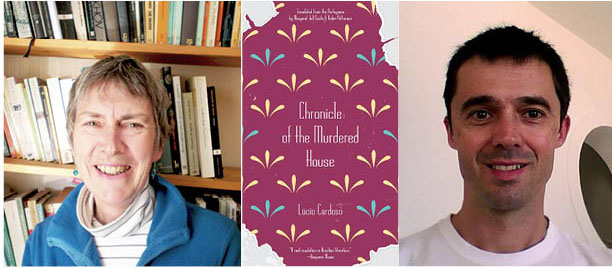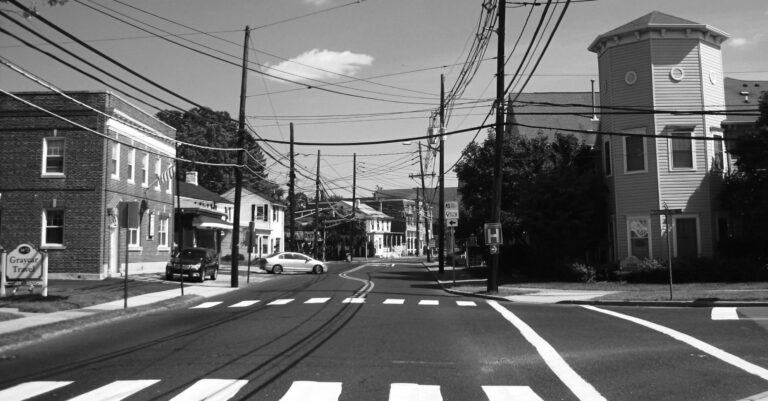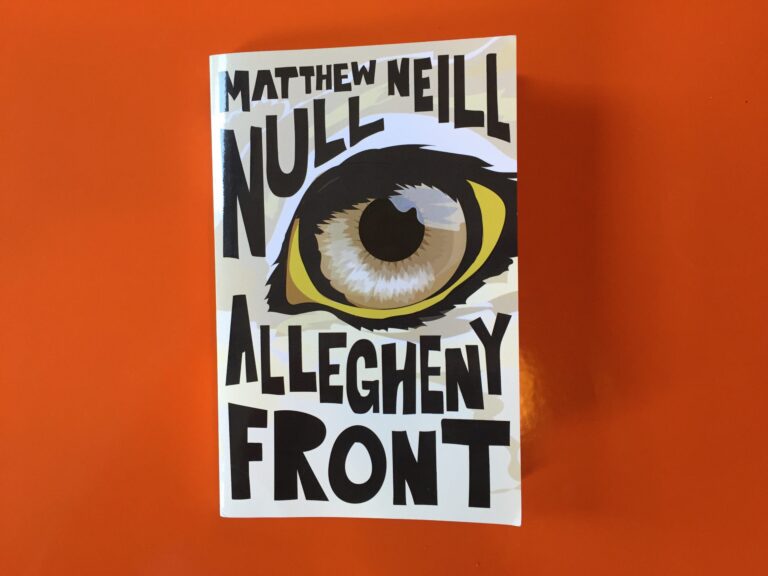Resisting Temptations While Translating: An Interview with Margaret Jull Costa and Robin Patterson

Lúcio Cardoso’s Chronicle of the Murdered House is a sprawling, epic novel about a cursed house, The Chácara, and its owners, the Meneses family, in the state of Minas Gerais in southeastern Brazil. The story is pieced together through the lens of a wide variety of characters, both outsiders and insiders to the house, and will remind readers of Faulkner in terms of both scope and style. Cardoso lived from 1912 to 1968 in Brazil, producing a significant number of books, plays, and poems. Chronicle, originally published in 1959, is his first work to be translated into English and will be published by Open Letter on December 13.
The book was translated from the Portuguese by Margaret Jull Costa, who also works in Spanish, and Robin Patterson, who was mentored by Costa in a British Centre for Literary Translation program. Costa’s first published translation was an essay by Gabriel García Márquez, “Watching the Rain in Galicia,” for Granta in 1983. Since then her catalogue has expanded to epic proportions, including more than ninety books. Patterson had a legal career before transitioning to translation, and his first book-length translation was Our Musseque, an Angolan novel, published in 2015.
Graham Oliver: Given Cardoso’s fame in Brazil, his extensive ouevre, and his romantic relationship and friendship with Clarice Lispector (who in turn has an enduring and even growing popularity in the US), why do you think this is the first book of Cardoso’s to be translated?
Margaret Jull Costa: Ben Moser, who wrote the introduction and has written a biography of Clarice Lispector, recommended the book to Chad Post at Open Letter, who was sufficiently intrigued to commission a translation.
Robin Patterson: I think it was both a natural choice, in that Chronicle of the Murdered House is certainly Cardoso’s best-known work, and also a bold one, in that it is not the most accessible of books. So it is both an obvious starting point, and a difficult one. Perhaps that is why it has taken to so long to bring to readers in English.
GO: Can you talk some about how you approach translating a deceased writer versus having the author available for questions or guidance? Do you rely on the author’s other works as points of reference?
MJC: I’m not sure it makes any difference, except, as you say, the author is not available to answer queries. The edition we used proved very useful, because it gave all the variants from earlier drafts, and the clue to what the author might have meant was often to be found there.
RP: Yes, looking at earlier drafts was useful, but at times not so much to clarify meaning, as to indicate where we simply needed to stop trying to clarify (even to ourselves!) and simply trust the author. Although it might be more time-consuming, in some ways not having the author around gives you a clearer concept of the text as a thing in itself—ultimately, that is where you have to find the answers.
GO: The story is told using the voices of multiple characters. In English, I could easily see differences in style between them, but I’m curious if there were any differences in the original that you found harder to bring over during translation? Or maybe you differentiated them in other ways?
MJC: The differences are clear in the style of each of the characters, the very melodramatic style of André, for example, and the rather pedantic style of the pharmacist. The Portuguese tells you what tone and register to use in English, but I must admit that I found André the most difficult, simply because his language and the way he expresses his feelings are so florid and over-the-top. I had to resist the temptation to tone him down a bit.
RP: Yes, as well as the linguistic indications in the Portuguese, I think the characters themselves helped to set their own tone. We get to know them so well over the course of the book that you begin to know how they would speak, or formulate their thoughts. The fact that nearly all the characters take their turn as narrator at some point helps with that—you really do get inside their minds, even if at times that can be quite an unsettling process.
GO: The divide between the city and the provincial is really emphasized in this novel. I’m curious—how is that divide read differently for a Brazilian audience versus an American audience. There’s also the involvement of the military with Nina’s father and the Colonel, which in my reading seems like the only real connection to Brazil as a whole. Do you think there’s some cultural significance there that might be missed by an American audience?
MJC: I think the divide between city and provincial is something that would be familiar to most readers. For me, there were definite echoes of Chekhov’s plays, with their characters marooned in the countryside and longing for Moscow. Cardoso himself was writing out of his own experience, and perhaps settling some scores with his provincial past. He was, it seems, the centre of social and literary life in Rio once he escaped from the provinces.
RP: I think issues of race are dealt with somewhat differently to what we might expect. Race does not feature largely in the book, but like the military aspect you mention, it forms part of the Brazilian context. Of course analogous issues arise in many other places, not least America itself, but I do think it’s important to somehow capture the nuances of difference, for example the even more vivid and recent memory of slavery.
GO: What should we be reading from Brazilian or Portuguese literature? I’m excited to check out the Angolan novel Robin worked on.
RP: Yes, Our Musseque is by Luandino Vieira, another very important writer whose work has not been widely translated into English. Also from Angola, there is A General Theory of Forgetting by José Eduardo Agualusa (trans. Daniel Hahn), and next year Dedalus Books are bringing out the first novel by a Guinea Bissau writer to be translated into English, The Ultimate Tragedy by Abdulai Sila (trans. Jethro Soutar).
MJC: From Brazil: Machado de Assis, the great nineteenth-century Brazilian writer. We’re currently translating (nearly) all of his short stories, and the book should be out in 2018. Also, two of my favourite poets are Brazilian: Manuel Bandeira and Cecília Meireles. And from Portugal: Fernando Pessoa’s poetry and prose is not to be missed, plus anything by Saramago – particularly Blindness (trans. Giovanni Pontiero) or All the Names (my translation). Or Eça de Queiroz’s The Crime of Father Amaro and The Maias (again, my translations). And pretty much anything else they wrote!


